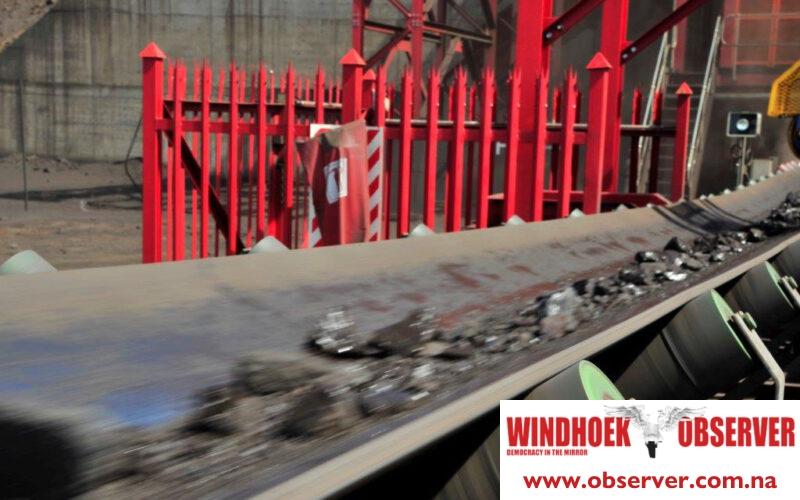In what could be bad news for the port of Lüderitz, which is used to export manganese from South Africa, United Manganese of Kalahari (UMK) has announced that, in response to the worsening market conditions, it will reduce the production of manganese ore and concomitant to that, the sale of its ore products, for the time being.
“Softened demand side conditions have informed our decision to ease production and sales,” said UMK chief executive Malcolm Curror.
He added that the company will return to normalised outputs when the market recovers. Curror noted that the temporary slowdown in production and sales will have no impact on the company’s employee body.
UMK is the fourth largest producer of manganese in South Africa with operations in the Northern Cape province.
UMK operates on the Kalahari manganese field in the John Taole Gaetsewe District Municipality in the Northern Cape Province of South Africa.
The Kalahari manganese field is regarded as the largest manganese ore deposit globally. The field extends continuously in a north-western direction, for a distance of 34km from Mamatwan Mine in the south to the Wessels and Black Rock Mines in the North.
UMK is a company operating in a manganese based economy with exposure to the export market. It is strategically located with good access to rail infrastructure, rapid load-out and export facilities.
The Namibian Ports Authority has introduced a manganese project that is expected to add an additional 360 000 tonnes of cargo per annum through the Port of Lüderitz, resulting in a 60% overall volume increase.
The Port of Lüderitz has been targeting manganese from the Northern Cape Province of South Africa in the Hotazel area, which is transported through the Trans-Oranje Corridor route and at least 30 000 tonnes of manganese is expected to be transported on a monthly basis.
Manganese is mainly used in the steel industry as an alloy, playing a significant part in making steel from iron. The main market for manganese from southern Africa is China.




